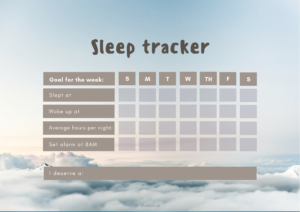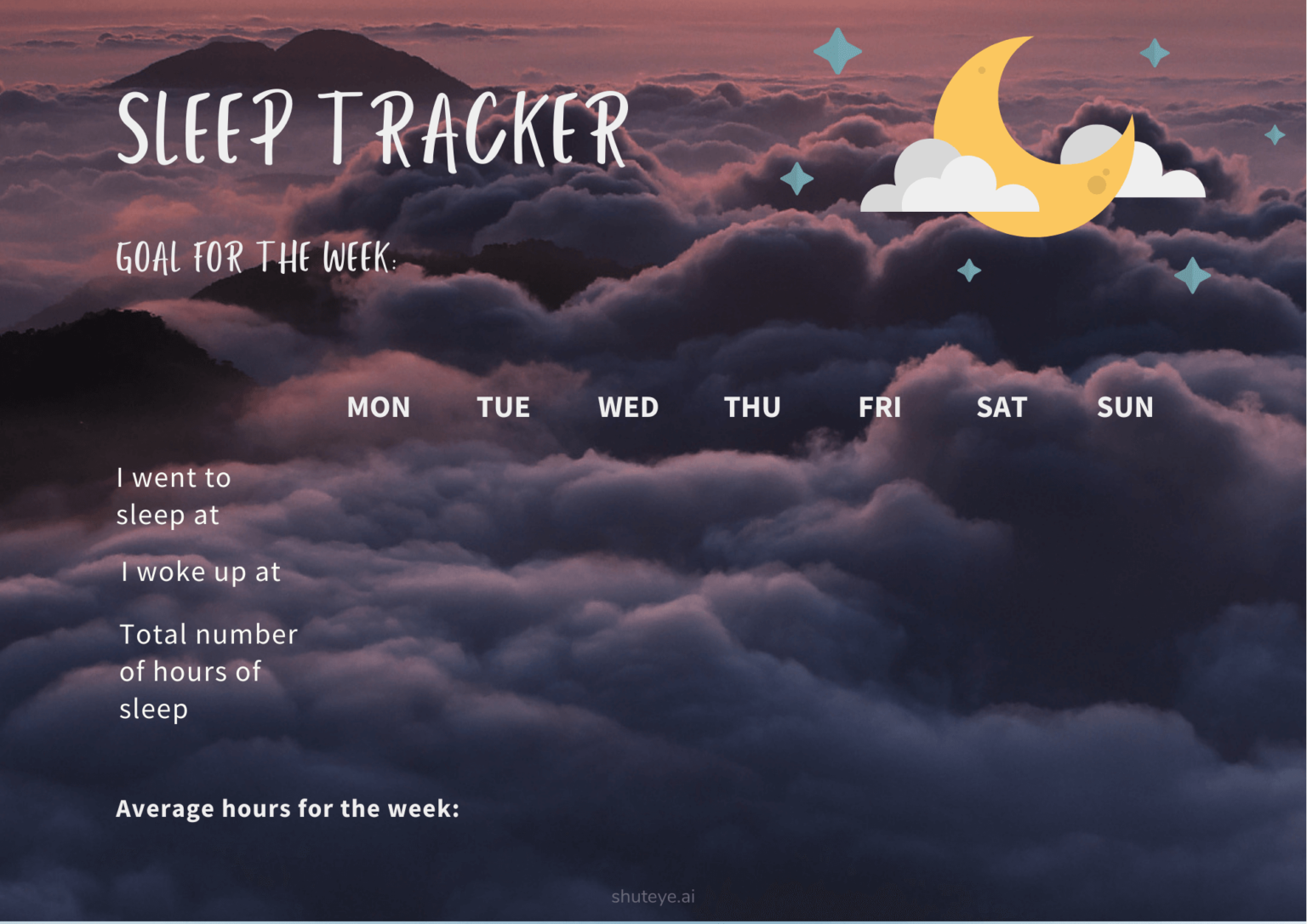


So if you’re serious about tracking your sleep, you owe it to yourself to try a dedicated sleep tracker. Worse yet, those inaccurate results can often send people spiraling into a cycle of stress over sleepless nights, which then means poorer sleep.
Shuteye sleep tracker software#
But while an added sleep tracker on your Fitbit or Garmin is undoubtedly helpful, the added software can often lead to wildly inaccurate results. In general, a personal sleep tracker could be a good starting point for a better night of sleep, but these devices may not be enough to diagnose and solve your shuteye challenges. To solve this problem, various companies have tried cramming sleep tracking features into their all-around fitness trackers. The much harder question to answer: How much sleep do you personally need each night? While adults generally need seven to nine hours a night (especially if they’re training hard in the gym), time in bed doesn’t always translate to quality sleep, and it’s hard to know just by judging how groggy you feel when that alarm starts honking into your brain. Start sleep tracking with just one tap Suitable for the following people: People with insomnia or lacking sleep caused by difficulties in falling asleep, frequent nightmares, unstable sleep schedule, etc. but energetic if you shift your shuteye to 11 p.m. Do you feel sluggish when you sleep from 10 p.m. Still, tracking devices can definitely be useful for helping you recognize patterns in your sleep habits, Schwartz says. At this point, it’s pretty much common knowledge that a good night’s sleep is vital to your health. Add sleep tracker widget to your home screen. Such studies are helpful for diagnosing conditions like sleep apnea and other sleep disorders.


 0 kommentar(er)
0 kommentar(er)
